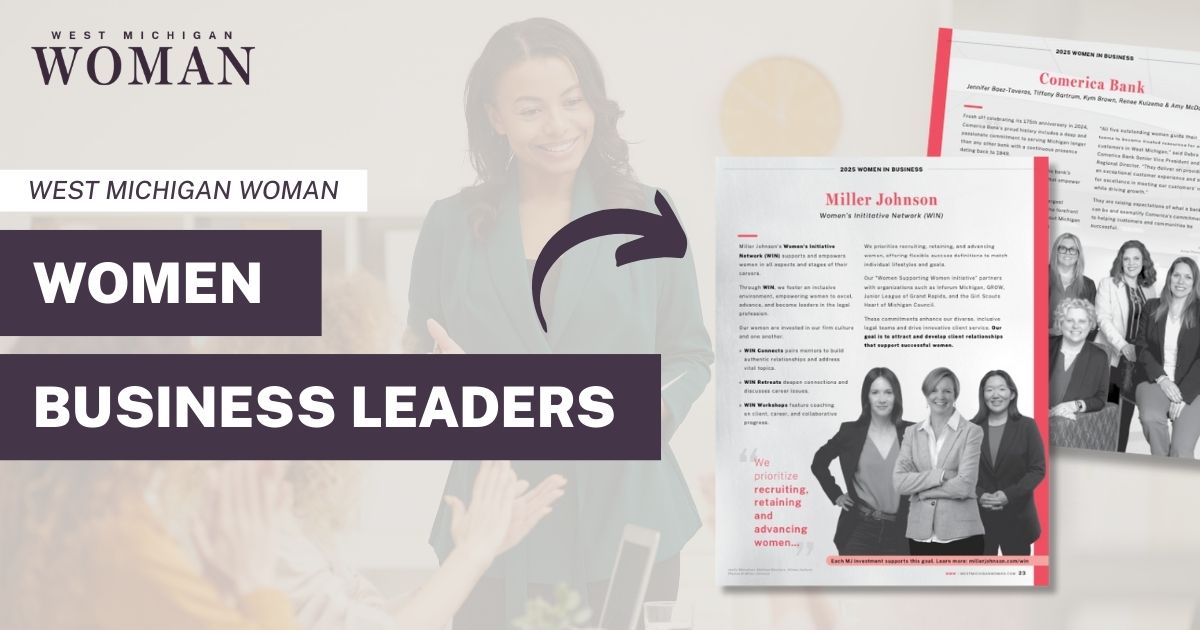In 2012, Bic launched a new product called Bic for Her: Pens. For women. "Designed to fit a woman's hand." Available in pink and purple.
"I know what you're thinking," Ellen DeGeneres said in a commentary on the product. "It's about damn time. Where have our pens been? Can you believe this? We've been using man pens all these years."
Women have made considerable progress in both history and the workforce, yet there's no denying society has a long way to go. And it's about more than pens. It's about recognizing and understanding the value of not only women, but diversity as a whole.
A month ago, our nation elected a presidential candidate whose campaign trail was littered with both sexist and racist rhetoric.
(Despite political party associations or personal feelings toward the candidates, Trump's rhetoric is something we can't ignore: Some of his supporters warped his campaign slogan, "Make America Great Again," into "Make America White Again." As one of my co-workers eloquently states: It's not hard to recognize when shit isn't right.)
West Michigan's Inforum invited David Livermore, author of Driven by Difference: How Great Companies Fuel Innovation Through Diversity, to speak on cultural intelligence at an event. And he did. Just over a week after the election.
Livermore shared the message from his book: Diverse teams are more innovative than homogeneous ones.
In stark contrast to the message of homogeneity that our president-elect's campaign somehow delivered, studies show that diversity in the workplace is good for growth. Or, at the very least, the potential for growth.
But diversity doesn't automatically lead to innovation.
Livermore notes that only diverse teams that are managed effectively offer more creativity. Diversity can lead to conflict, and to minimize conflict and maximize the information found in varied values and experiences, both leaders and team members need to have a high level of cultural intelligence.
Cultural intelligence—the ability to function effectively across cultural contexts—not only includes ethnicity and nationality, but age, gender, job positions and more.
"Research proves everyone can improve their cultural intelligence," Livermore said.
And it starts with knowledge.
"Any behavior makes sense if there's enough information," Livermore said. Here are tips gleaned from his conversation to help foster cultural intelligence in yourself, your workforce and your neighbors.
Recognize diversity.
The infamous claims to "color blindness" could actually harm cultural intelligence. Don't pretend that diversity doesn't exist. Recognize it. Diversity can be internal and external. For instance, a group of people could be visibly different through sex, race age and more, but could hold similar values and carry similar experiences. Likewise, members of a group could look similar (such as a team of all women), yet offer very different perspectives.
Foster curiosity.
"Being too politically correct may work against you," Livermore said. Don't be rude, but ... ask questions. And try to ask questions to the person as an individual, rather than as a group. "People don't all conform to stereotypes."
Practice empathy.
A natural way to learn about someone is to build a relationship with him or her, which can take time. If you don't have a relationship with someone, it's as simple as trying to see a situation from another's perspective—someone who may not have had the opportunities you've had, or who may have had experiences different from your own.
Diversity is inherently good. Recognizing the value of diverse perspectives could help fuel innovation and growth in the workplace. And there's a bonus: If it's good on a small scale in the workplace, it's likely good for society at large.
Written by Cassie Westrate, staff writer for West Michigan Woman.




